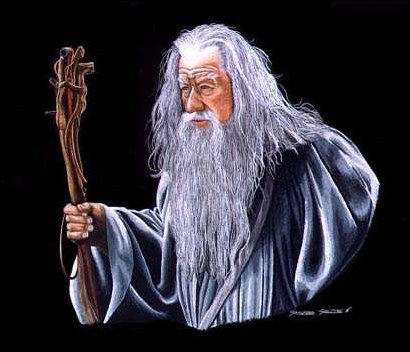- There was not immediately a single, unanimously understood, sense of Christianity. While today we have our different denominations, the differences on the essentials are not that great. They were great in the 100+ years after Jesus' crucifixion. Some "Christians" were very Jewish. Some rejected Judaism entirely and rejected the God of the Old Testament as not the God of Jesus, but a lesser god. Some emphasized Jesus' divinity, some his human nature, and some saw the two as completely separate. Some emphasized Jesus, his crucifixion, and resurrection as keys to salvation, some emphasized Jesus as a wisdom teacher, whose wisdom would lead to "salvation." There may be much for us to learn from looking at these various approaches to following "The Way."
- "The Church" did in fact make an effort to repress, if not cover up, dissenting views. Opposing views were labeled "heretical" and people too closely associated with those views could be in mortal danger. Efforts were made to do away with the non-canonical works which have been discovered in this century and (mis)used in Brown's book. This is why these writings were hidden away, only recently to be discovered by archeologists. Some of these views and writings developed during a time relatively close to the life of Jesus, when the oral tradition on his teachings and works were still very much alive. Studying them may provide insights for us as to his work, and as to what our works should be.
- "The Church" has not been kind over most of its history to women in terms of recognizing their spirituality and spiritual contributions, or in terms of basic human rights. Labeling Mary Magdalene a prostitute was non-scriptural, and in so labeling her, the Pope may have been libeling her. Women, according to the canonical gospels, played a significant role- not clearly defined but obviously present- in Jesus' ministry. Paul makes clear that among key teachers he included women. Later, however, the Church marginalized women, and worse, depriving generations of their contributions. The 'sacred feminine' exists in the sense that women can bring God's presence into this world, and we would do well to recognize this and recognize those aspects of modern theology and religious thinking that still reject women as fully equal to men.
- Modern Christians may have a sort of stereotyped view of Jesus. Although creeds still used today and the theology of virtually all Christian churches would say that Jesus was both God and man, the God side gets the emphasis. The common image of Jesus is of the God walking on the water, not the walking on the roads around Galilee. I remember watching the TV movie Jesus of Nazareth when I was younger and feeling that the "Jesus" in that movie was kind of creepy- never seeming quite connected to the real world, with a far-off look on his face. Movies that deal with the more human aspects (The Last Temptation of Christ and The Passion of the Christ) tend to be controversial. It is good for us to be awakened to the human side of Jesus, and to think of his human work and nature, and how we, as humans, can follow in his footsteps on land, even if we cannot follow them across the waters.
- Dan Brown has been right in saying that the conversations his book has generated are good for us. The church I attend, and I hear many others, are having formal discussions of the book/movie so as to explore the matters of faith and history raised by The Da Vinci Code. Asking and answer questions is always good.
All that said, The Da Vinci Code has more wrong about it than what it is right, or at least, in my view, the wrong is of greater weight than the right. But, I will save that for my next post.
GP


No comments:
Post a Comment